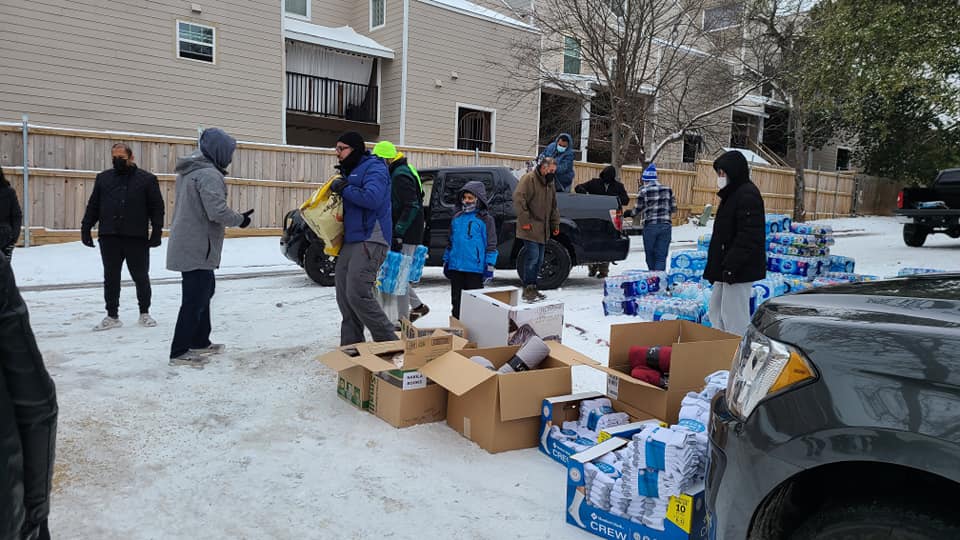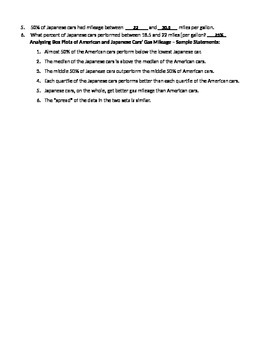Texas Mosque And New Muslim Community Face Development Restrictions

Table of Contents
Zoning Regulations and Their Impact on Mosque Construction
Zoning laws, intended to regulate land use and development, are often cited as a primary obstacle to mosque construction in Texas. The application of these regulations, however, is frequently criticized for disproportionately affecting the development of religious institutions, particularly mosques. Many argue that these laws are applied more stringently to mosques than to other types of buildings, creating an uneven playing field.
Examples of how zoning regulations hinder mosque development include:
- Excessive parking requirements: Mosques, often hosting large congregations for Friday prayers, are frequently subjected to excessively high parking demands, increasing construction costs and potentially rendering projects unfeasible.
- Restrictions on building height and size: Limitations on building height and overall size restrict the ability of mosques to accommodate growing congregations and provide necessary community spaces.
- Noise ordinances impacting prayer calls (Adhan): Regulations restricting noise levels can interfere with the traditional practice of the Adhan, the Muslim call to prayer, causing friction and limiting religious expression.
- Lengthy and complex permitting processes: The process of obtaining building permits for mosques is often significantly more protracted and complex than for other types of buildings, adding to delays and expenses.
The potential for discriminatory application of zoning laws is a major concern. While ostensibly neutral, these regulations can be interpreted and enforced in a manner that indirectly, or even directly, prevents the construction of mosques. This raises serious questions about fairness and equal access to community resources.
Funding Challenges and Financial Barriers
The financial hurdles faced by Muslim communities seeking to build mosques are substantial, and often exacerbated by the development restrictions outlined above. Raising sufficient funds for construction is a significant challenge, further complicated by the additional costs imposed by lengthy permitting processes and stringent zoning requirements.
Several key financial barriers exist:
- Limited access to traditional bank loans: Muslim communities may face difficulties securing traditional bank loans, due to factors such as perceived higher risk or lack of understanding of the specific needs of religious organizations.
- Challenges in obtaining charitable donations: Fundraising efforts can be hampered by economic factors, community perceptions, or even a lack of familiarity with the community’s needs.
- Increased costs due to regulatory hurdles: The additional costs associated with navigating complex regulations and resolving zoning disputes add significantly to the overall project budget.
- Lack of government support or grants: The absence of government support or grants specifically targeted at religious institution construction leaves Muslim communities largely reliant on private donations, significantly increasing the financial burden.
These combined challenges create a significant barrier to entry, making mosque development considerably more difficult than other community projects.
Community Opposition and Legal Battles
Regrettably, many mosque construction projects encounter opposition from neighboring communities. This opposition often manifests as legal challenges and delays, prolonging the process and increasing costs. Such opposition can be based on various factors, including misunderstandings about Islam, concerns about increased traffic or parking, and even outright prejudice.
The legal battles that ensue are frequently costly and time-consuming:
- Examples of lawsuits and court cases involving mosque development: Numerous cases across Texas demonstrate the significant legal challenges faced by Muslim communities in securing building permits.
- The role of legal advocacy groups in supporting Muslim communities: Legal advocacy groups play a vital role in supporting Muslim communities in navigating the complexities of the legal system.
- Discussion of First Amendment rights and religious freedom: The First Amendment guarantees freedom of religion, and the legal battles often revolve around upholding these fundamental rights.
- Challenges in proving discriminatory intent in land-use decisions: Proving discriminatory intent in land-use decisions is notoriously difficult, demanding significant legal resources and expertise.
These legal battles represent not only financial strain, but also a significant emotional and community burden.
The Role of Local Governments and Policy Makers
Local governments bear a significant responsibility in ensuring fair and equitable treatment of all religious groups within their jurisdictions. Inclusive land-use policies are essential to prevent religious discrimination and foster community harmony.
Policymakers can take several crucial steps:
- Recommendations for policymakers to review and reform zoning ordinances: A comprehensive review of existing zoning ordinances is crucial to identify and eliminate discriminatory provisions.
- Advocacy for transparent and accessible permitting processes: Streamlining the permitting process and ensuring transparency can significantly reduce delays and costs.
- Call for improved communication between local governments and Muslim communities: Open and proactive communication between local governments and Muslim communities is essential to build trust and address concerns.
Conclusion
The challenges faced by Texas mosques in navigating Texas Mosque Development Restrictions highlight a critical need for reform and greater inclusivity. The obstacles faced, from navigating complex zoning regulations to overcoming community opposition and financial barriers, underscore the importance of fair and equitable access to land use and development for all religious communities. Addressing these restrictions is crucial to upholding religious freedom and ensuring equal opportunity. We urge policymakers to review and amend current regulations to ensure a fairer and more inclusive approach to mosque development in the state. Let's work together to overcome these Texas Mosque Development Restrictions and ensure that the needs of the growing Muslim community in Texas are met fairly and justly.

Featured Posts
-
 Remembering Sue Crane A Dedicated Portola Valley Public Servant 1931 2023
May 13, 2025
Remembering Sue Crane A Dedicated Portola Valley Public Servant 1931 2023
May 13, 2025 -
 Tech Industrys Tariff Troubles Abi Researchs Insights Into The Trump Administrations Trade Policies
May 13, 2025
Tech Industrys Tariff Troubles Abi Researchs Insights Into The Trump Administrations Trade Policies
May 13, 2025 -
 Gerard Butlers Unexpected Netflix Success Analyzing A Box Office Flops Turnaround
May 13, 2025
Gerard Butlers Unexpected Netflix Success Analyzing A Box Office Flops Turnaround
May 13, 2025 -
 Doom The Dark Ages Review Embargo Lifted File Size Revealed
May 13, 2025
Doom The Dark Ages Review Embargo Lifted File Size Revealed
May 13, 2025 -
 Partido Atalanta Vs Lazio Guia Para Ver La Serie A 2025
May 13, 2025
Partido Atalanta Vs Lazio Guia Para Ver La Serie A 2025
May 13, 2025
